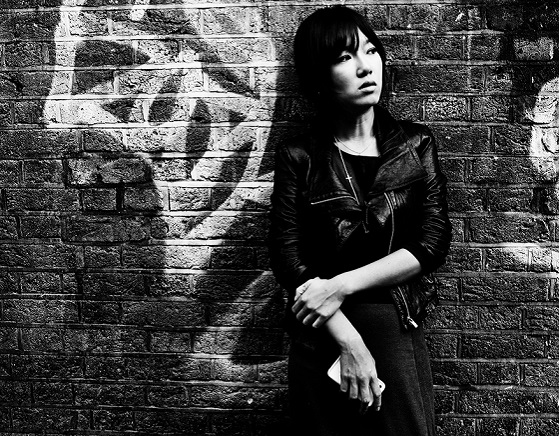How to Know If You Have Good Boundaries.

My clients ask me a lot: how do you know if you have good boundaries?
We tend to question our boundaries based on what sort of response we get from others when practicing them, or what we see other people practicing in their own lives. This is the main way we learn, so it’s fairly normal to have learned what we know our own boundaries to be from the people we surround ourselves with, through modeling and positive or negative feedback.
But this way of being has its own inherent flaws. Given that we are each unique, it’s normal that we might eventually begin to doubt whether our perceived and learned boundaries are actually working for, or against us. Especially if we find ourselves dissatisfied with something in our lives, like our relationship, our career, or our mental health.
We think boundaries are as simple as being able to say Yes or No, but I have found that it’s much more complex than that. While knowing how to say No is huge, and essential for understanding what a true and resounding Yes actually feels like, mastering the language itself is not really enough.
Here’s what I know about boundaries.
True boundaries don’t actually feel like a No — in the way we tend to feel our No anyway, which is with heart closed and walls up. They feel more like an I love you, and I’m not available for that.
The patience and mastery required to get to the boundary that feels like an I love you is not for the faint of heart. It’s an intuitive process. It’s a knowing of completion and a willingness to stay present with an experience until that knowing reveals itself.
Oftentimes there are profound lessons to be gleaned by not being premature in our boundary-making. It means fleshing out assumptions and questioning values and really getting clear on what you want first.
And when that happens, a true boundary will arise in the form of a message, and it is inherently value-neutral, and it genuinely feels that way.
There is no roller coaster, no ambivalence, no pendulum of emotions and fear.
And it’s not even remotely devoid of love.
Thinking that a boundary means withholding your love and putting up a protective barrier is a fallacy. You can’t take away love from someone else. You can only take it away from yourself by closing your heart. The protective barrier you’re building is depriving you of your own source of love to yourself.
This sounds pretty woo-woo, but I challenge you to try to feel what it’s like to open your heart up and then close it again.
It’s literally painful. It hurts in your chest, right where your heart is. That’s where the words heartache and heartbreak come from. And the only person who can cause that is you.
Keep your heart open and listen. Only then will you know what’s true for you. No one else can know this for you. It’s literally the only way.
NB: in cases of abuse, actual separation and premature boundary-making may be necessary until you have the appropriate amount of space to listen for what your true boundaries are. But even then, your deepest work as a survivor of abuse is learning to keep your heart open even if you’ve been violated. Closing your heart because someone has wronged you only causes you more harm.
***
Antesa Jensen is an emotional intelligence and human-centric innovation expert who has dedicated herself to coaching her clients on how to evoke the genius in themselves and in others through 1:1 coaching, workshops, and transformational expeditions through her company, Adventure Awake. Read more about her and her services on her website or follow her on Instagram, Facebook or LinkedIn.


